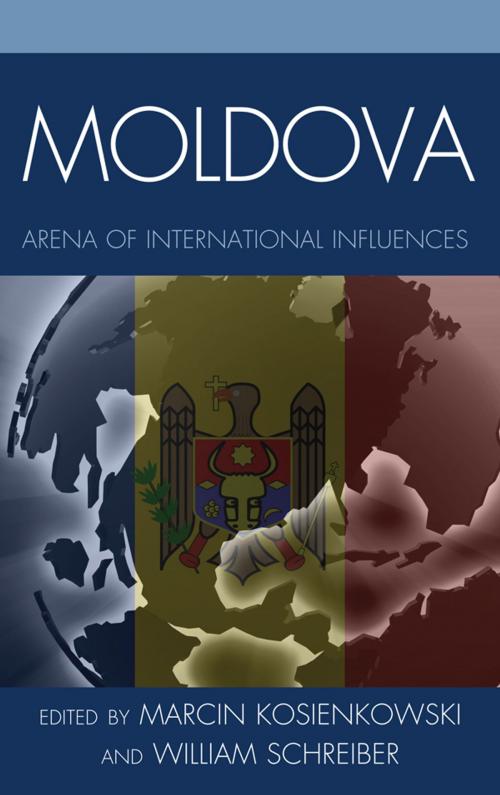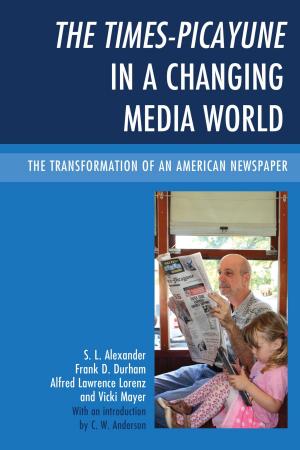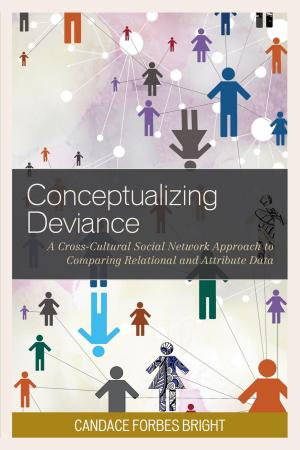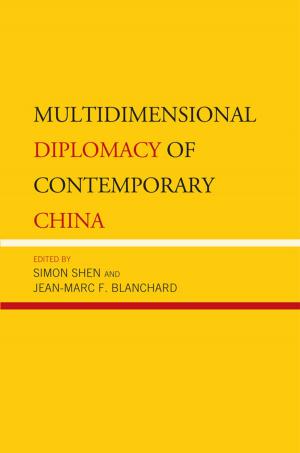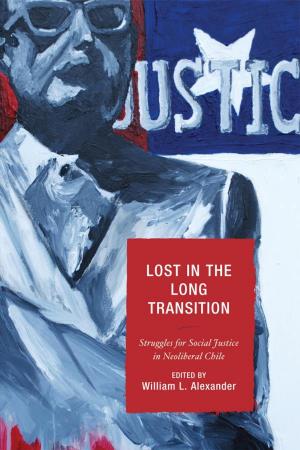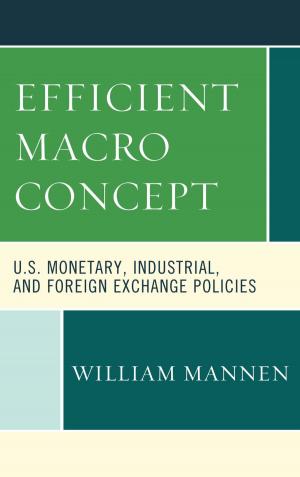Moldova
Arena of International Influences
Nonfiction, History, Asian, Former Soviet Republics, Eastern Europe, Social & Cultural Studies, Social Science| Author: | Juraj Marusiak, Florent Parmentier, Özgehan Senyuva, Jos Boonstra, Dareg A. Zabarah, Andrey Devyatkov, Georgiy Byanov, Laura Kirvelyte, Nicolai Tveatcov, Marcin Kosienkowski, Vladimir Korobov, Vladislav Froltsov, Andrea Ambrus, Andrey Safonov, Natalia Shapovalova, Ronald J. Hill, Davide Zaffi, András Rácz, Octavian Milevschi, Lingqi Meng, William Schreiber | ISBN: | 9780739173923 |
| Publisher: | Lexington Books | Publication: | May 8, 2012 |
| Imprint: | Lexington Books | Language: | English |
| Author: | Juraj Marusiak, Florent Parmentier, Özgehan Senyuva, Jos Boonstra, Dareg A. Zabarah, Andrey Devyatkov, Georgiy Byanov, Laura Kirvelyte, Nicolai Tveatcov, Marcin Kosienkowski, Vladimir Korobov, Vladislav Froltsov, Andrea Ambrus, Andrey Safonov, Natalia Shapovalova, Ronald J. Hill, Davide Zaffi, András Rácz, Octavian Milevschi, Lingqi Meng, William Schreiber |
| ISBN: | 9780739173923 |
| Publisher: | Lexington Books |
| Publication: | May 8, 2012 |
| Imprint: | Lexington Books |
| Language: | English |
Moldova: Arena of International Influences brings international perspective to Moldova’s foreign relations since its independence from the Soviet Union in 1991. Eighteen chapters analyze the policy toward Moldova of selected international actors: Belarus, Bulgaria, China, the Czech Republic and Slovakia, the European Union, Germany, Hungary, Italy, Lithuania, Poland, Romania, Russia, Turkey, Ukraine, the United Kingdom, the United States, and the unrecognized breakaway state of Transnistria. For these international actors, Moldova functions as an arena of influences—a sphere of intersecting interests, activities and, occasionally, competition.
For the first time, leading experts and practitioners from many of the countries engaged in Moldova are brought together in a common language. The result is a detailed map of the international political landscape in Moldova, a chronicle of the past two decades, and a forecast of the country’s future.
Moldova: Arena of International Influences brings international perspective to Moldova’s foreign relations since its independence from the Soviet Union in 1991. Eighteen chapters analyze the policy toward Moldova of selected international actors: Belarus, Bulgaria, China, the Czech Republic and Slovakia, the European Union, Germany, Hungary, Italy, Lithuania, Poland, Romania, Russia, Turkey, Ukraine, the United Kingdom, the United States, and the unrecognized breakaway state of Transnistria. For these international actors, Moldova functions as an arena of influences—a sphere of intersecting interests, activities and, occasionally, competition.
For the first time, leading experts and practitioners from many of the countries engaged in Moldova are brought together in a common language. The result is a detailed map of the international political landscape in Moldova, a chronicle of the past two decades, and a forecast of the country’s future.
